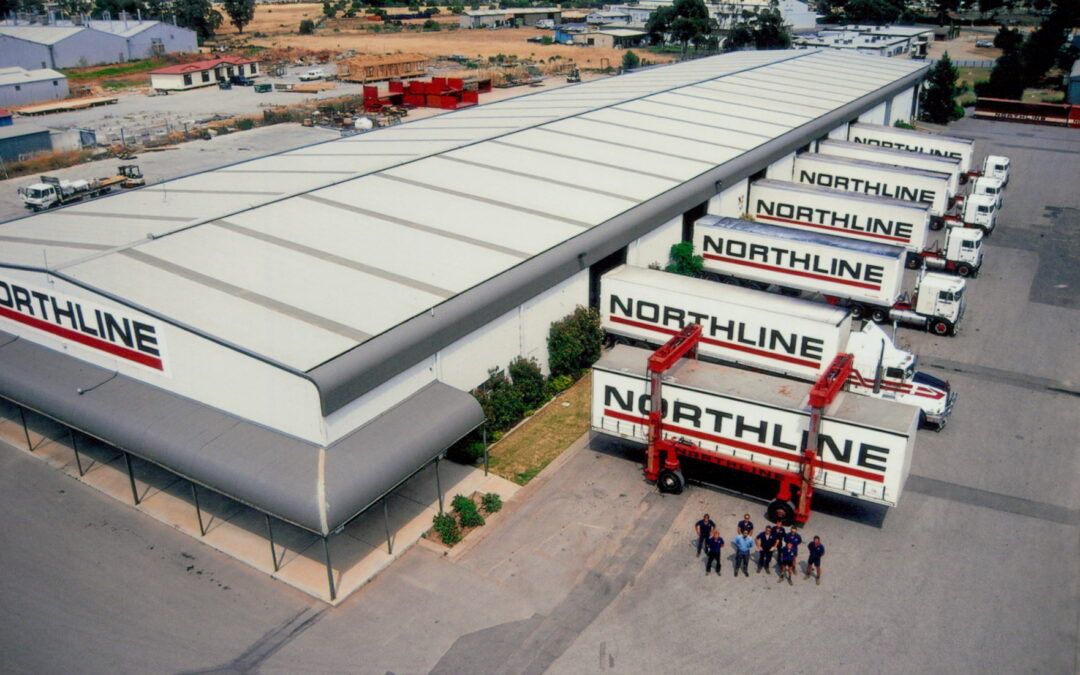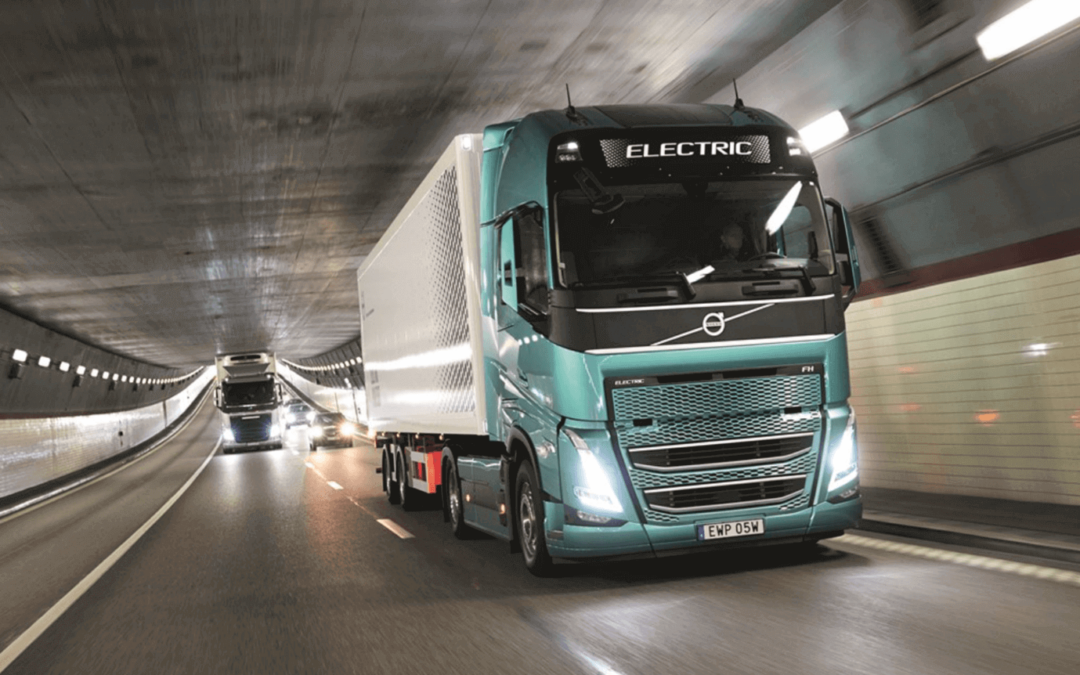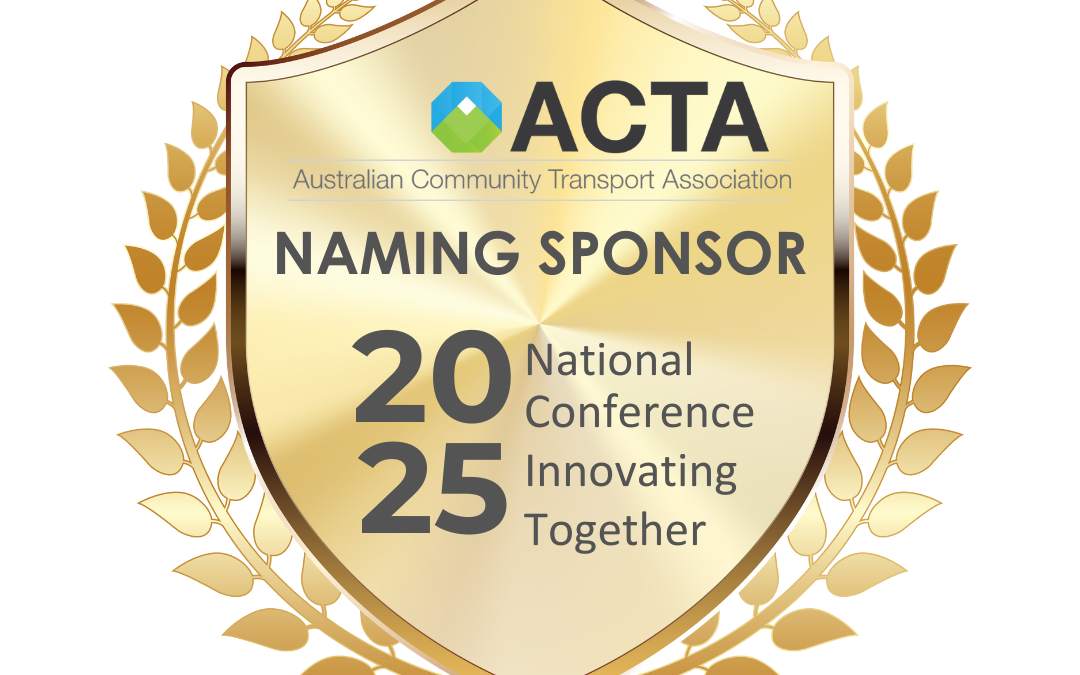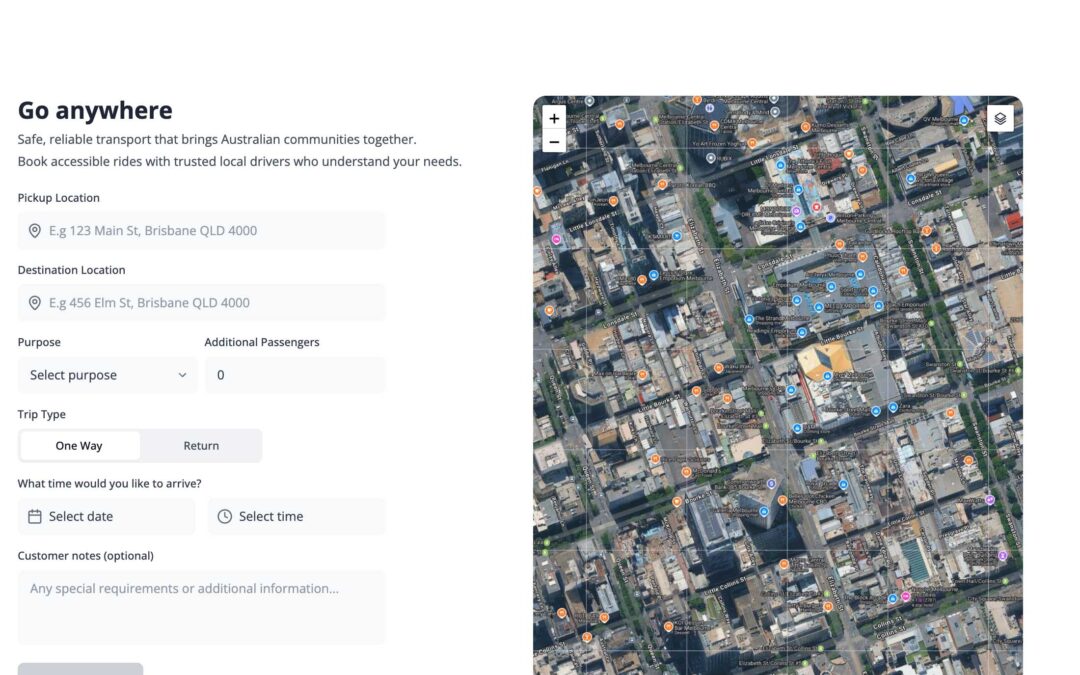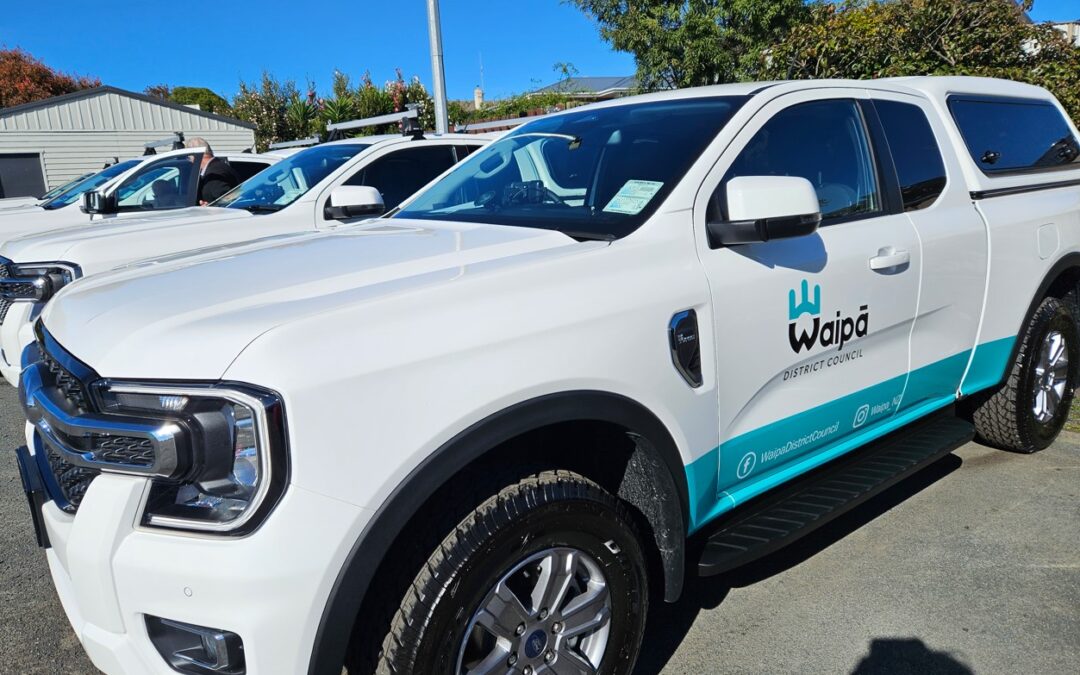Digital transformation has revolutionised the way businesses operate, and the transport industry is no exception. In recent years, fleet operators have increasingly turned to digital technologies to improve efficiency, reduce costs, and enhance customer satisfaction. Digital transformation in transport refers to the adoption of advanced technologies such as Intelligent Transport Management Systems (ITMS), telematics, IoT, and AI to automate and optimise operational efficiency for your staff, fleet and route.
Why Should Fleet Operators Embrace Digital Transformation?
The benefits of digital transformation in transport are diverse. According to a recent survey, 9 out of 10 businesses believe they will have to change their business model to stay economically viable by 2023 (Source: Statistica). In the transport industry, digital transformation can help fleet operators stay competitive by:
- Improving operational efficiency: Digital technologies enable you to monitor vehicle performance and driver behaviour in real-time, as well as optimising routes, staff rosters and fleet utilisation.
- Be a market leader: In a recent survey, 51% of businesses are planning on digitally transforming to differentiate themselves from competitors, and a further 28% said they’re trying to keep up with the industry trends. (Source: Statistica)
- Enhancing driver safety: Automated checks that manage fatigue, load limits, pre-start safety checklist and fit for work declaration. These can all help you to monitor driver behaviour, improve safety and reduce accidents. In addition, they ensure compliance and governance processes are in place to protect your board and senior management team from potential prosecution.
- Enhancing customer satisfaction: Real-time visibility of vehicle location and estimated arrival times can improve customer experience via automated alerts.
- Reducing operating costs: Automated processes such as job allocations, creating rosters and schedules, and asset tracking can reduce administrative costs and prevent downtime.

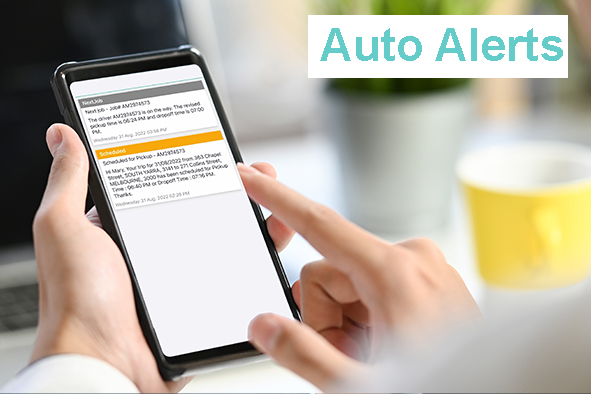

Important Technology that can Help you Digitally Transform
Digital transformation in transport requires the integration of intelligent software solutions, like ORCODA’s Transport360 that work together in real time with your accounting and enterprise software etc to analyse mass amounts of data that result in a streamlined transport operation. Key areas where software can help you digitally transform include:
- Intelligent Transport Management Software: Automating manual and time-consuming administrative tasks (such as scheduling, rostering, routing, dispatching, invoicing, data entry), as well as the optimisation of a massive number of attributes and constraints, will help your transport operation by reducing administrative costs and improving accuracy.
- Telematics: Telematics solutions provide real-time collection of vehicle data in-field, which leads to valuable insight into vehicle and driver performance. This enables managers to efficiently manage large fleets and improve driver behaviour.
- IoT: IoT require electrification and connectivity for the multitude of smart devices that are used in-vehicle, in-field or in-office to efficiently and effectively manage transport operations.
- AI: AI-powered solutions that analyse mass amounts of data to continually improve and enhance operations of your staff, schedules, routes and fleet.

The Importance of Integration
To fully realise the benefits of digital transformation, it is essential to integrate different software solutions and ensure they work seamlessly together. Integration enables transport managers to access real-time data and insights, automate processes, and make informed decisions. A centralised transport management system can provide a single source of truth for all operational data, enabling better decision-making and more efficient operations. The utilisation and integration of distributed ledgers, smart contracts, blockchain and artificial intelligence can further enhance your digital transformation.

Your Digital Transformation Journey
The digital transformation journey for transport managers and operators typically involves several stages, including:
1. Assessing current processes and identifying areas for improvement.
2. Setting goals and defining key performance indicators (KPIs) to measure progress.
3. Selecting and implementing digital solutions that align with business goals and KPIs.
4. Training staff and ensuring buy-in from all stakeholders.
5. Continuously monitoring and optimising processes to achieve ongoing improvements.
Digital transformation is the future of intelligent transport management. Worldwide spend on digital transformation technologies and services worldwide will jump by 56%, from US$2.49 trillion in 2024 to US$3.9 trillion in 2027 (Source: Statistica Nov 2023).
By embracing digital transformation, transport operators can improve efficiency, reduce costs, enhance customer satisfaction, and stay competitive in an increasingly challenging market.

